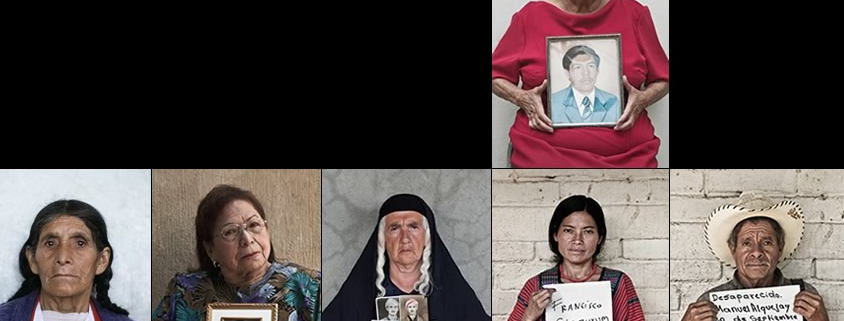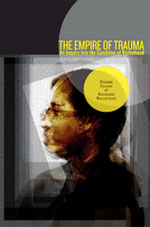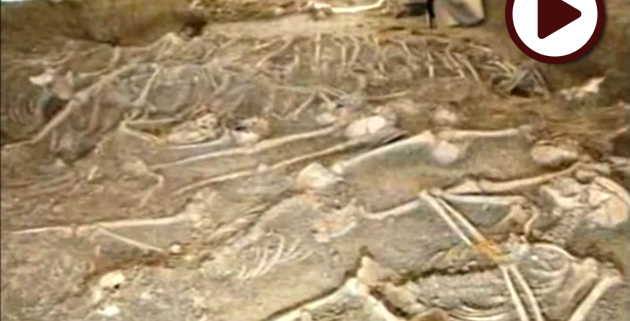En este canal interactivo Vimeo, invitamos a las personas interesadas en construir un proyecto colectivo de memoria oral a subir vídeos y documentos relativos a su memoria de la Guerra Civil española y de las consecuencias que ella tuvo, tanto en el ámbito personal como en el familar y colectivo, incluyendo desde las historias más próximas hasta las repercusiones políticas o judiciales. Por la naturaleza de la página Web y del proyecto de investigación en el que se inserta este canal, animamos especialmente a aquéllas personas que tengan testimonios o vivencias relacionados con las fosas comunes y su evolución histórica desde la propia guerra hasta la actualidad, incluyendo los diversos ciclos de exhumación y dignificación que se han sucedido desde 1939, desde los más oficiales y clandestinos de la postguerra a los más contemporáneos.
El formato de los contenidos es libre, es decir, caben tanto los testimonios más intimistas en primera persona como las elaboraciones más políticas, artísticas o conceptuales que los donantes juzguen como vehículos adecuados de memoria personal y colectiva. El contenido de este canal es público y abierto, y será accesible desde cualquier punto del mundo. Tiene cabida cualquier contribución que sea respetuosa con el proyecto y sus participantes.
Dada la dificultad del formato digital online para las personas de mayor edad, pedimos a los más jóvenes o más versados en las nuevas tecnologías que ayuden a los familiares o conocidos más ancianos que quieran participar a generar y subir al canal los archivos y vídeos.
Para subir un vídeo o archivo a este canal, hay que seguir los siguientes pasos:
- Para subir videos y documentos a esta página necesita tener una cuenta de Vimeo, si no tiene una vaya a vimeo.com/join
- Rellene los datos que le solicitan, Vimeo le mandará un e-mail pidiéndole que verifique su cuenta. Una vez hecho esto, ya puede ir a vimeo.com/log_in. Una vez dentro, vaya a http://vimeo.com/groups/donatumemoria, entonces hágase miembro del grupo (Join this group). Ya puede subir un video o un documento.
- Si quiere subir un video, recuerde que sólo puede subir videos de los que posea el copyright. Con la cuenta básica tiene un límite de 500.00MB y 1 HD video por semana.
- Si quiere aportar documentos, los formatos permitidos son mp3, jpg, gif, png, pdf, doc
…………………………………………………………………………………………………………………….
Testimonio de Fausto Canales from Politicas de la memoria on Vimeo.
Testimonio recogido por Helena Ferrándiz en Madrid, el 2 de febrero de 2010.
Ver todos los videos de Dona tu memoria online




